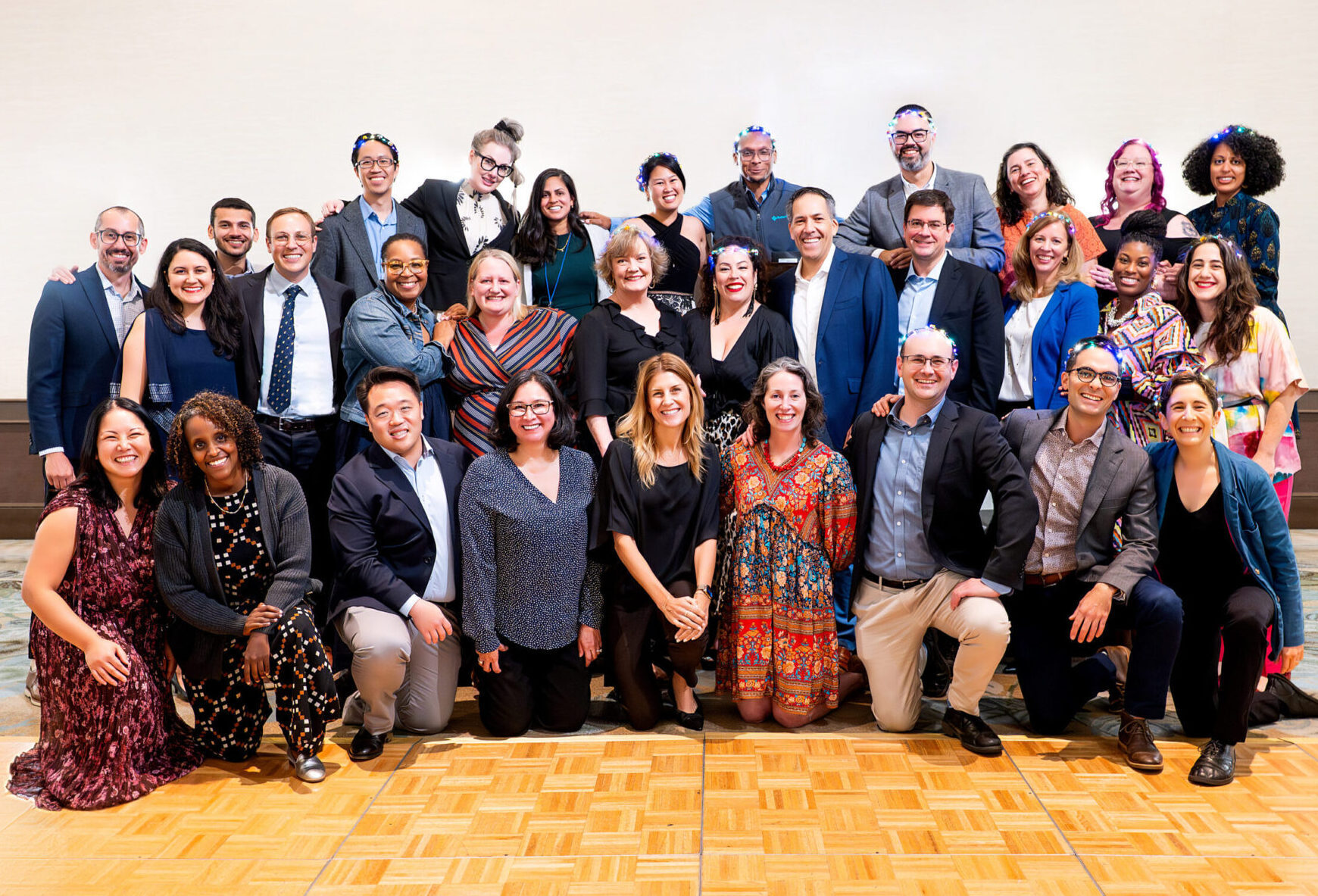|
Getting your Trinity Audio player ready…
|

All Nirmal Singh and his wife, Daljit Kaur, wanted were a few groceries from Walmart.
But as the older couple drove in circles around the suddenly unfamiliar streets of Fresno, Singh feared they’d be spending the night in their car.
Singh, 72, had struggled with bad eyesight for years. At the meatpacking plant where he works the night shift, he strained to see the hooks for hanging chickens and worried he might trip over stray pieces of meat on the floor. His wife’s eyesight was even worse. Kaur, 69, fell frequently because she couldn’t see obstacles and uneven ground in front of her. She once had to go to the emergency room after hitting her head and spraining her wrist in a fall.

Neither could see street signs well enough to read them. Singh had memorized the routes to work and the supermarket. But on this Sunday, a few months ago, road construction blocked the exit to Walmart. Signs directed drivers to an alternate route. At one junction, a sign said turn right. Singh turned left. He soon realized he was lost.
“I was worried,” Singh said through a Punjabi translator during a recent interview at the rental apartment he shares with Kaur. “I didn’t know what to do.”
Singh and Kaur are among an estimated 50,000 immigrants and their descendants from the Indian state of Punjab living in Fresno, and they constitute one of the largest ethnic groups in California’s Central Valley. They’re an important part of the region’s agricultural workforce, laboring in fields, packing plants and the trucking industry. While some Punjabi residents own farmland or other businesses and have built successful careers, others — particularly older and more recent immigrants working low-wage jobs — struggle to access critical health services and basic necessities. Like Singh and Kaur, they sometimes live with ailments such as poor eyesight and tooth decay, or diabetes and kidney disease without getting the care they need.
Into the void left by a health care system that doesn’t offer sufficient translation services and an economy that demands grueling labor from low-wage agricultural and meatpacking workers, Punjabi residents have created an organization to help each other. The Jakara Movement, a nonprofit founded by local Punjabi Sikh residents, has a team of five community health workers who visit Sikh temples (known as gurdwaras), community events and Punjabi-populated neighborhoods to talk about ways to better manage health challenges and assist in accessing health care and other services. Since launching the program in 2020, the workers have organized over 41 health resource fairs, shared information at dozens of community events, taught more than 90 workshops on health-related topics, and helped at least 4,000 people with issues ranging from enrolling in Medi-Cal to obtaining nutritious food to understanding how to ask for an interpreter at the doctor’s office.
To continue reading the full article about community health workers in Fresno, visit the California Health Report.
Authors & Contributors

Claudia Boyd-Barrett
Claudia Boyd-Barrett is a longtime journalist based in Southern California. She writes regularly about health and social inequities. Her stories have appeared in the Los Angeles Times, San Francisco Chronicle, San Diego Union-Tribune, and California Health Report, among others.
Boyd-Barrett is a two-time USC Annenberg Center for Health Journalism fellow and a former Inter American Press Association fellow.





